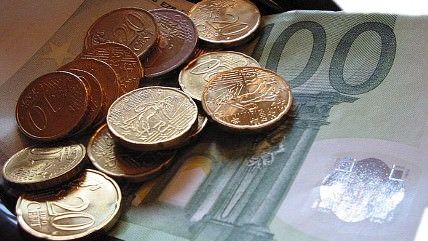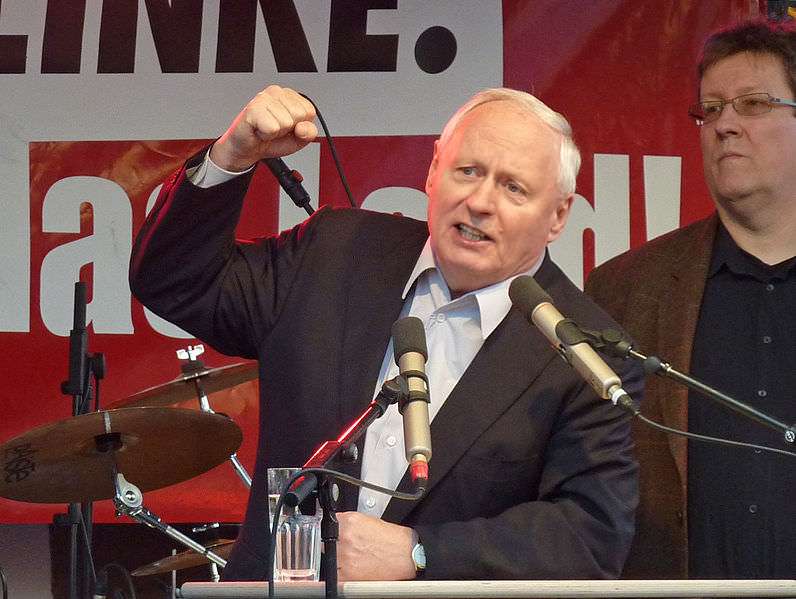Euro Cheerleader Now Calling for the Single Currency to Be Broken Up


Oskar Lafontaine, who was Germany's finance minister when the euro was adopted and once called for the "end of the nation state" and a "unified Europe," has called for the euro to be broken up.
Writing on Germany's Left Party's website Lafonatine spoke out against what he calls the "German hegemony" that he thinks has been hurting some countries in the eurozone. French Finance Minister Pierre Moscovici recently said that the era of austerity is over in Europe after the German finance minister said that he would be willing to be flexible on deficit reduction targets for France and Spain.
Today, Italy's new prime minister, who has spoken out against austerity, is in Spain, another country where politicians have been objecting to austerity. Last week, Italy and France both stood united against austerity, with French President Francois Hollande saying that austerity was "no longer enough."
Objections to the European single currency are nothing new to advocates of the free market. However, Lafontaine's recent comments are the latest example of how the some on the left want the euro to be broken up in order for countries in southern Europe to organize their own recovery without Germany's influence.
It is difficult for any cohesive policy to be adopted in Europe without France and Germany being on the same page. At the moment French and German politicians are offering polices that differ on how to recover from the euro crisis. Because of the upcoming elections in September German policymakers are under extra pressure to make their case against the anti-austerity crowd in France, Spain, and Italy. German Chancellor Angela Merkel recently spoke to high school students in Berlin and said that it is often forgotten that there is a treaty that limits debt and budget deficits. Last month Merkel said that what some are calling austerity is actually only "balancing the budget," a refreshing dose of reality amid a debate on Europe's future that is oftentimes depressing and delusional in equal measure.
